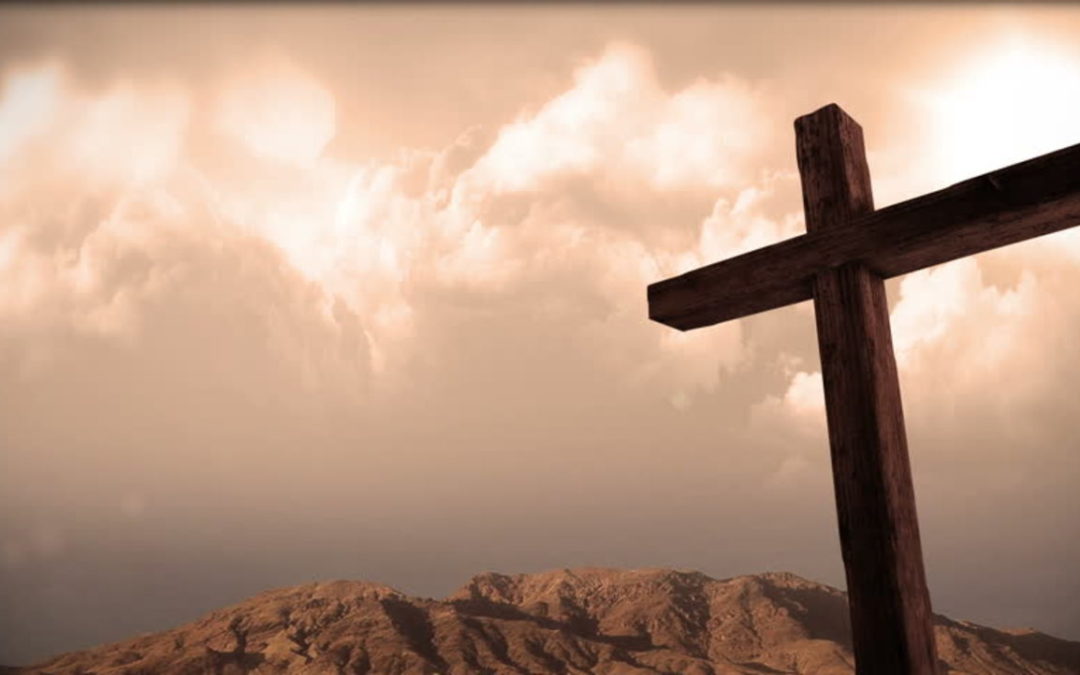Wendell Berry is one of my favorite authors and poets. His poem “The Real Work” struck me recently as particularly wise for our time. It reads in its entirety:
It may be that when we no longer know what to do
we have come to our real work,
and that when we no longer know which way to go
we have come to our real journey.
The mind that is not baffled is not employed.
The impeded stream is the one that sings.
At various times in my life in general and during the past several weeks in particular, I have been unsure of what to do and which way to go. What is safe? What is necessary? What is the wisest course of action? How should we live? How can we connect and invest in relationships? How can we care for each other? And how can we possibly get up and face another day?
In some ways, perhaps Berry is right. Maybe being forced out of autopilot is actually good for us. We have spent so much time and energy making our lives as efficient and entertaining as humanly possible, and stuffed full of all the things we frantically love and desire. And if we were sometimes overwhelmed or exhausted, if we sometimes missed out on events because our schedule was too full, if we sometimes were too tired to spend time with loved ones, we felt it was ultimately worth the cost. Another of my favorite authors, Laurie Colwin, once said, “The fact is that modern life has deprived us of life’s one great luxury: time.”
Now that so many of those things that used to occupy and define us are no longer options, we have to spread out our hands and see what it is that we have left. We have to take stock of our lives just as much as we do of our pantries and our bank accounts. We may have our free time back, but what else do we have? As Francis Chan says in Crazy Love, “We are a culture that relies on technology over community, a society in which spoken and written words are cheap, easy to come by, and excessive. … We are slow to listen, quick to speak, and quick to become angry.” He is of course drawing a direct contrast to the instructions for life given to us in James 1:19: “My dear brothers and sisters, take note of this: Everyone should be quick to listen, slow to speak and slow to become angry…” James gets this way of living on good authority; we read in Psalm 103:8 that “[t]he LORD is compassionate and gracious, slow to anger, abounding in love.” And that’s one thing that we do still have: the assurance that despite the circumstances around us, God is still good. He is still in control. He loves us. And at the end of this story, love wins. We can trust in that even when we have nothing else.
In John chapter 20, we read how early on Sunday morning, while it was still dark, Mary Magdalene went to visit Jesus’ tomb. Perhaps you spent some time over the past week reflecting on what Jesus’ death would have meant for his followers and friends. They were grief-stricken, of course, and utterly heart broken. They also feared for their own lives. They were scared and uncertain, and afraid to leave the room where they had gathered; they were sheltering in place. They no longer knew what to do, and they no longer knew which way to go. But Mary was willing to walk out in faith into the darkness. Because of her willingness to follow Jesus into the uncertain dark, she was the first to see him again, the first to hear him speak her name, the first to step blinking into a new, post-resurrection life.
As Paul says, “What, then, shall we say in response to these things? If God is for us, who can be against us? He who did not spare his own Son, but gave him up for us all—how will he not also, along with him, graciously give us all things? Who will bring any charge against those whom God has chosen? It is God who justifies. Who then is the one who condemns? No one. Christ Jesus who died—more than that, who was raised to life—is at the right hand of God and is also interceding for us. Who shall separate us from the love of Christ?” (Romans 8:31-35a).
Change can be hard. Especially change that we didn’t choose, but was forced upon us. Staying home and protecting the vulnerable in our communities is the right thing to do, but that doesn’t always make it an easy thing to do. And when we are in darkness, or people we love are struggling in darkness, there is no easy lightswitch of life for us to flip on for them. All we can do for them is what Jesus does for us: we can enter into the darkness with them and walk alongside them. Let’s drive back the darkness across our city, with our singing, our zoom meetings, our prayers, our love for each other. And just think, without the darkness, we never would have known how brightly we can truly shine.
So then, this is the real work, for which we have been equipped by the finished work of Christ. This is the journey. Let’s get down to work, brothers and sisters.
Written By: Jess Upshaw Glass

